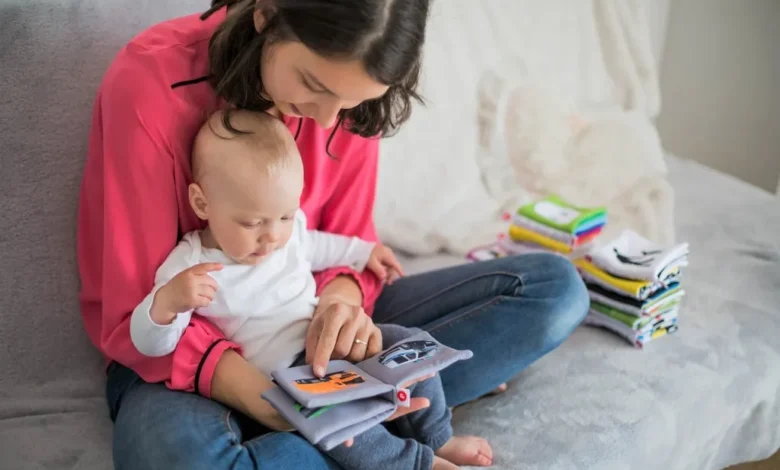Tips For Co Parenting Peacefully After A Difficult Divorce

Co-parenting after a tough divorce is challenging, but you can create a peaceful environment for your children. Start by acknowledging your children’s needs above all. They deserve stability and love. Communication is key. Speak openly and respectfully with your ex-partner. It sets a positive example for your children. Sharing schedules and responsibilities can minimize conflicts. Approach each situation with patience and understanding. Seek the guidance of divorce attorneys to clarify legal matters. Their expertise can help you navigate potential disagreements smoothly. It is crucial to maintain consistency in rules and routines across both households. This stability is comforting for your children. Also, consider involving a neutral third party like a counselor. They can help mediate and offer constructive advice. Above all, practice forgiveness and letting go. It is not easy, but it benefits everyone involved, especially your children. A calm home leads to happier, healthier children.
Effective Communication Strategies
Effective communication is the foundation of peaceful co-parenting. Use direct and clear language to express your thoughts. Avoid negative tones and focus on solutions. Regularly scheduled check-ins can help maintain open dialogue. Choose a communication method that works best for both of you. Texts or emails may be less confrontational. Remember that your children observe how you interact. Aim for calm and constructive exchanges.
Setting Consistent Rules
Consistency in rules and discipline across both homes creates security for children. Discuss and agree on expectations for behavior, chores, and routines. Consistent rules help children adapt better and reduce confusion. When challenges arise, revisit your agreements together. Adjustments may be necessary as your children grow. Here’s a simple comparison of key considerations:
| Aspect | Mother’s Home | Father’s Home |
|---|---|---|
| Bedtime | 8 PM | 8 PM |
| Screen Time | 1 Hour | 1 Hour |
| Homework | Before Dinner | Before Dinner |
Using Outside Resources
Professional help can provide valuable insights. Therapists and counselors can offer guidance tailored to your family’s needs. They encourage healthy coping mechanisms and foster resilience. Parenting classes are also beneficial. They provide skills and techniques for effective co-parenting. Consider resources like Child Support CO-Parenting which offers practical advice and support.
Prioritizing Children’s Needs
Your children come first. Regularly check in with them about their feelings. Encourage open communication and listen actively. Create a safe space for them to express their emotions. Validate their feelings and reassure them of your love. Maintain routines for meals, school, and activities. Stability is crucial for their emotional well-being. Remind them they are not responsible for adult issues.
Promoting Flexibility and Adaptability
Flexibility is essential in co-parenting. Life is unpredictable, and adjustments are necessary. Be open to changes in schedules and arrangements. Work together to accommodate unexpected events. Flexibility reduces stress and fosters cooperation. Approach changes with a problem-solving mindset. It teaches your children adaptability and resilience.
Building a Support Network
Parenting is a team effort. Lean on your support network of friends, family, and professionals. They can offer perspective and practical help. Allow yourself to ask for assistance when needed. Regularly connect with others to share experiences. Communities provide comfort and encourage personal growth.
Celebrating Milestones and Successes
Remember to celebrate achievements and milestones. Acknowledge both small and large successes. Celebrations reinforce positive behavior and strengthen family bonds. They create cherished memories and foster a sense of belonging. Involve your children in planning these moments. It gives them a sense of involvement and joy.
Conclusion
In conclusion, peaceful co-parenting after a divorce is attainable. Prioritize open communication and establish consistent routines. Utilize outside resources for guidance. Focus on your children’s needs and maintain flexibility. Build a supportive network and celebrate successes together. These strategies create a nurturing environment for your children to thrive.




